What is Stress Management Program with HRV?
AEON Clinic offers stress management treatment program using HRV measure. Heart rate variability (HRV) is the natural variation in time between two heartbeats. It is influenced by the interplay of the sympathetic and parasympathetic nervous systems. Doctors measure HRV using ECG or other methods. At AEON, our specialists follow this method to improve stress management well-being.
A lot of people, in today’s times, are affected by stress and poor stress management. Not maintaining a balance between professional and personal life, poor lifestyle choices, unhealthy eating habits, etc., are some of the reasons that contribute to declining stress management, which, in turn, impacts our productivity, lifestyle, and overall well-being. Dr. Martin Kramar, a psychologist at AEON, helps people dealing with such issues and improves their stress management using the HRV method.
As per this method, the doctor, at first, analyses the HRV, which is the time interval between heartbeats. It basically indicates how well the human body handles stress. The higher the HRV, the better the body copes with stress, fatigue, and other symptoms. Based on their findings, Dr. Martin Kramar will treat those symptoms accordingly.
Book your appointment at AEON Clinic now to get a consultant with Dr. Martin Kramar and experience a boost in your stress management.


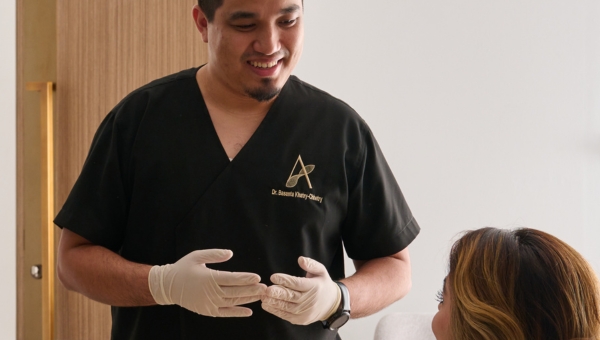
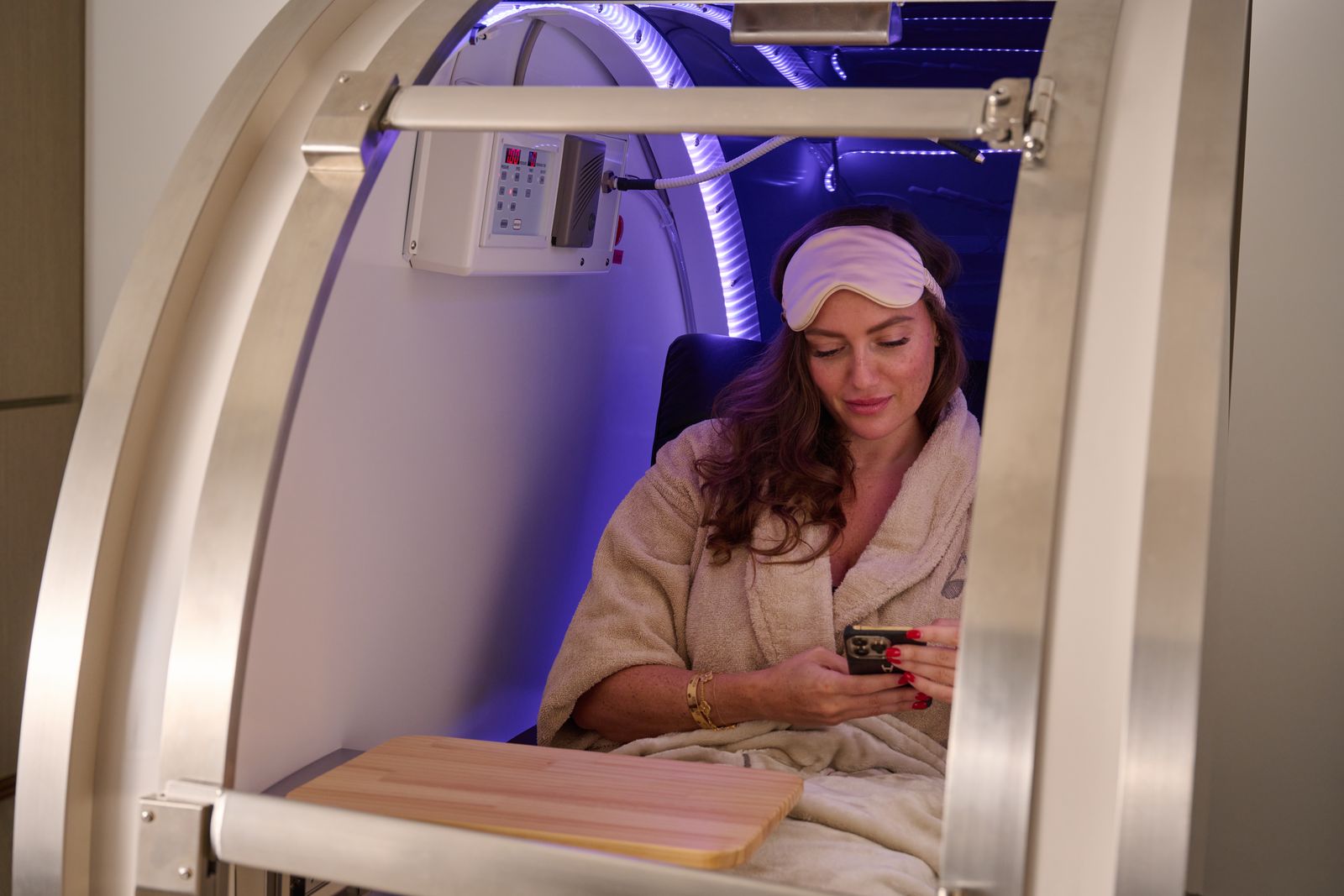


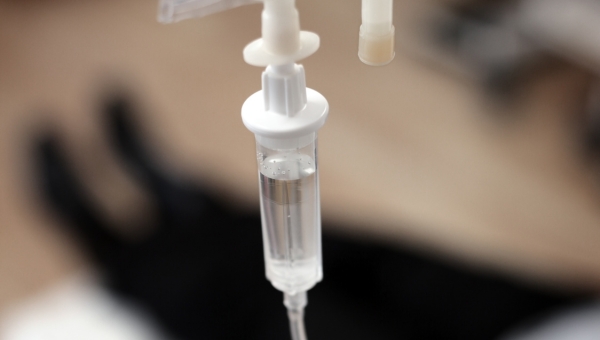
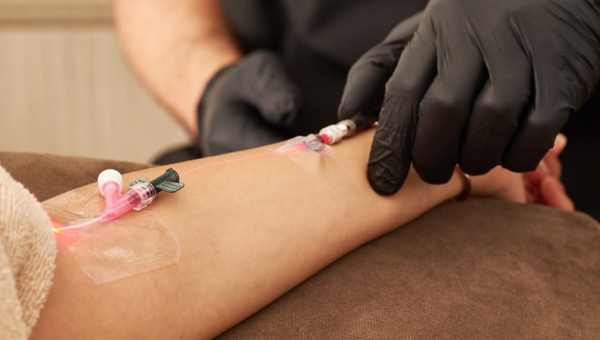


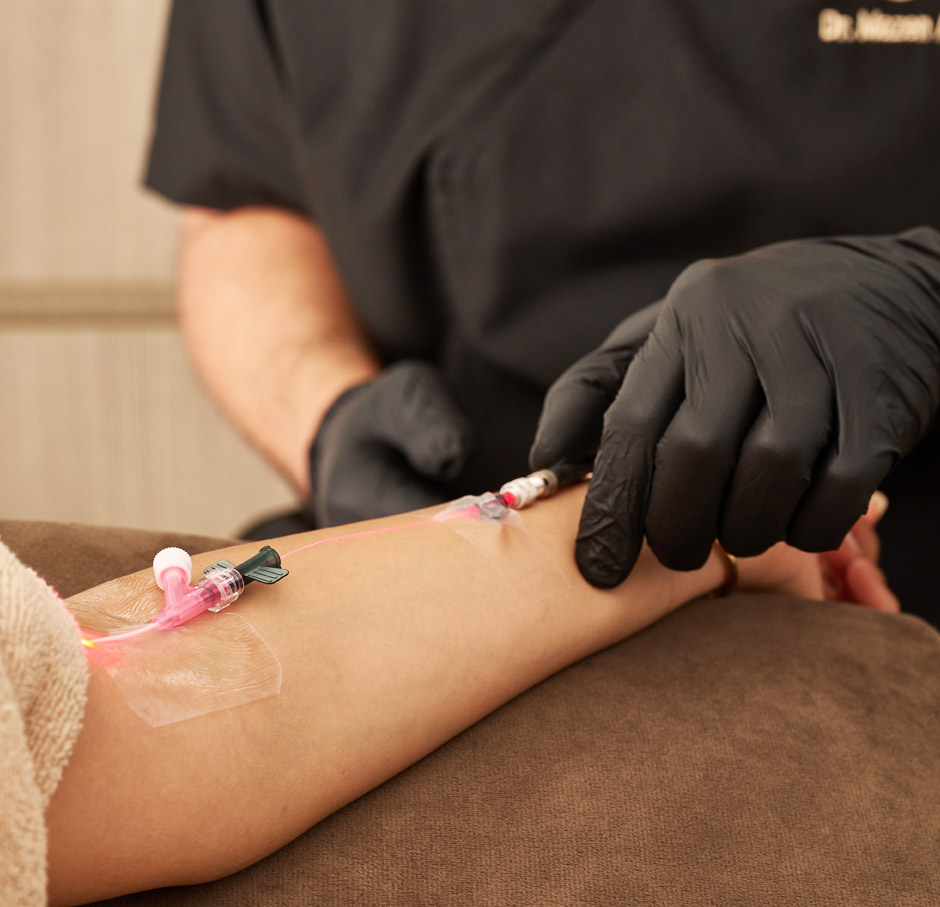

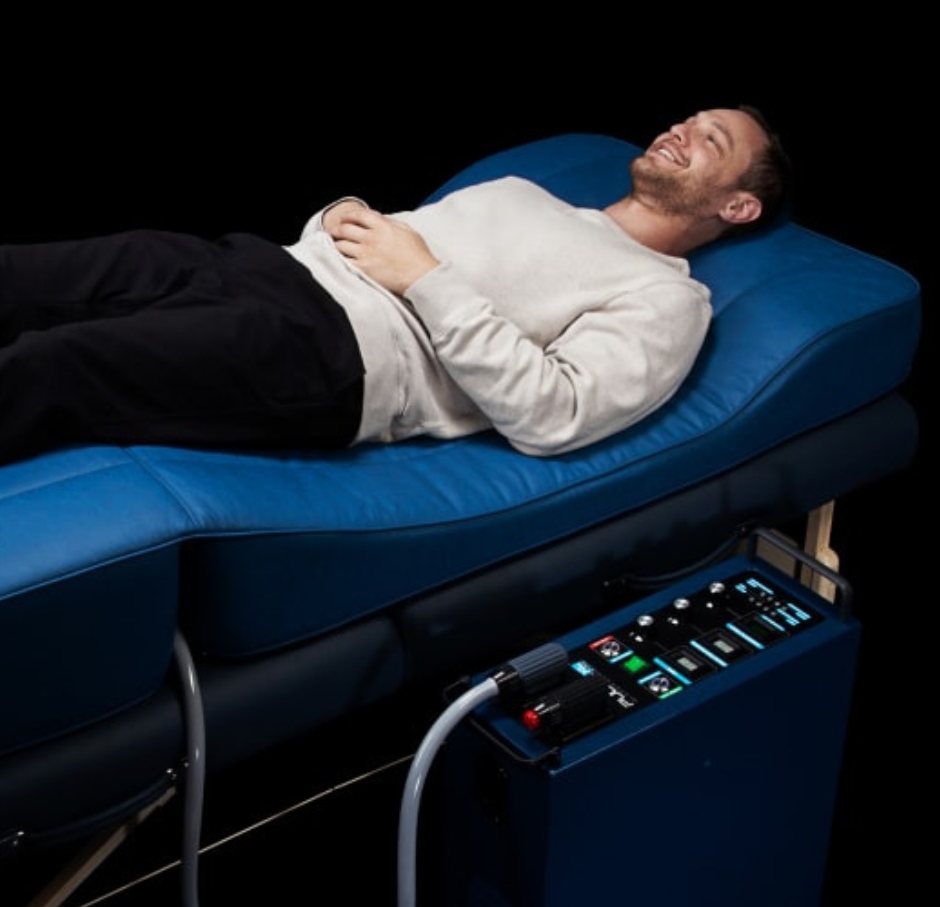
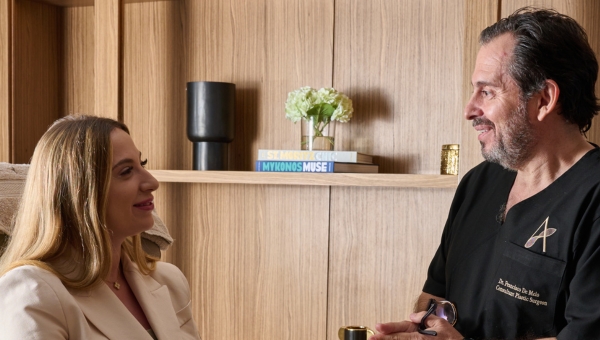

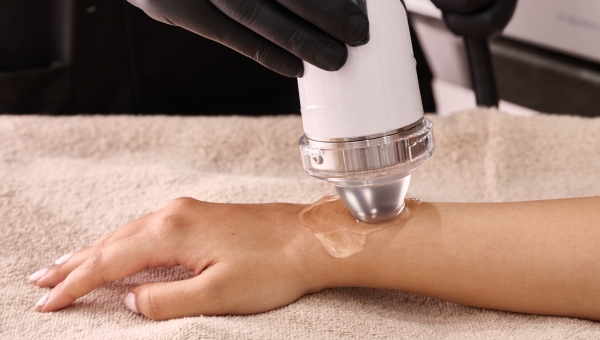




 +971 4 518 5777
+971 4 518 5777